The Supreme Court is delving into a significant dispute between Republican-led states and the Biden administration regarding the extent of federal government intervention in combating controversial social media content.
The case, which is being heard on Monday, revolves around accusations that administration officials pressured social media platforms to suppress conservative viewpoints on topics such as COVID-19 and election security.
Louisiana, Missouri, and other parties have filed a lawsuit against the administration, alleging unconstitutional censorship of conservative perspectives. Lower courts ruled in favor of the states, but the Supreme Court intervened by blocking those rulings while it reviewed the matter.
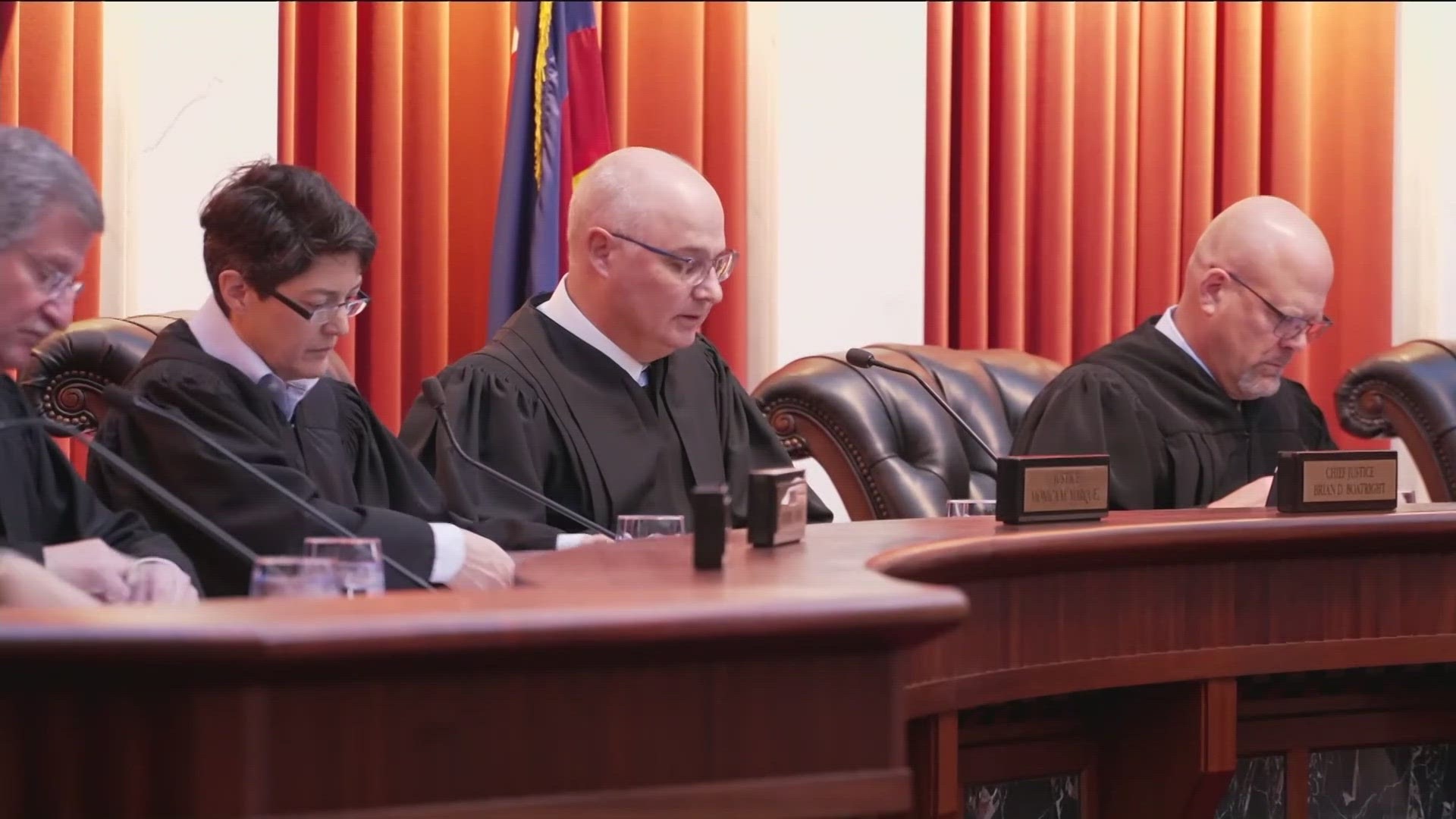
This case is part of a broader term for the Supreme Court, grappling with various social media-related issues. Recently, the court established guidelines for public officials’ ability to block followers on social media platforms.
Additionally, arguments were heard concerning laws passed in Florida and Texas that restrict social media companies from removing posts based on their content. The central theme across these cases is the allegation that social media platforms are censoring conservative viewpoints.
The states claim that government officials, including those from the White House, FBI, and cybersecurity agencies, exerted pressure on platforms like Facebook and Twitter to manipulate online content.
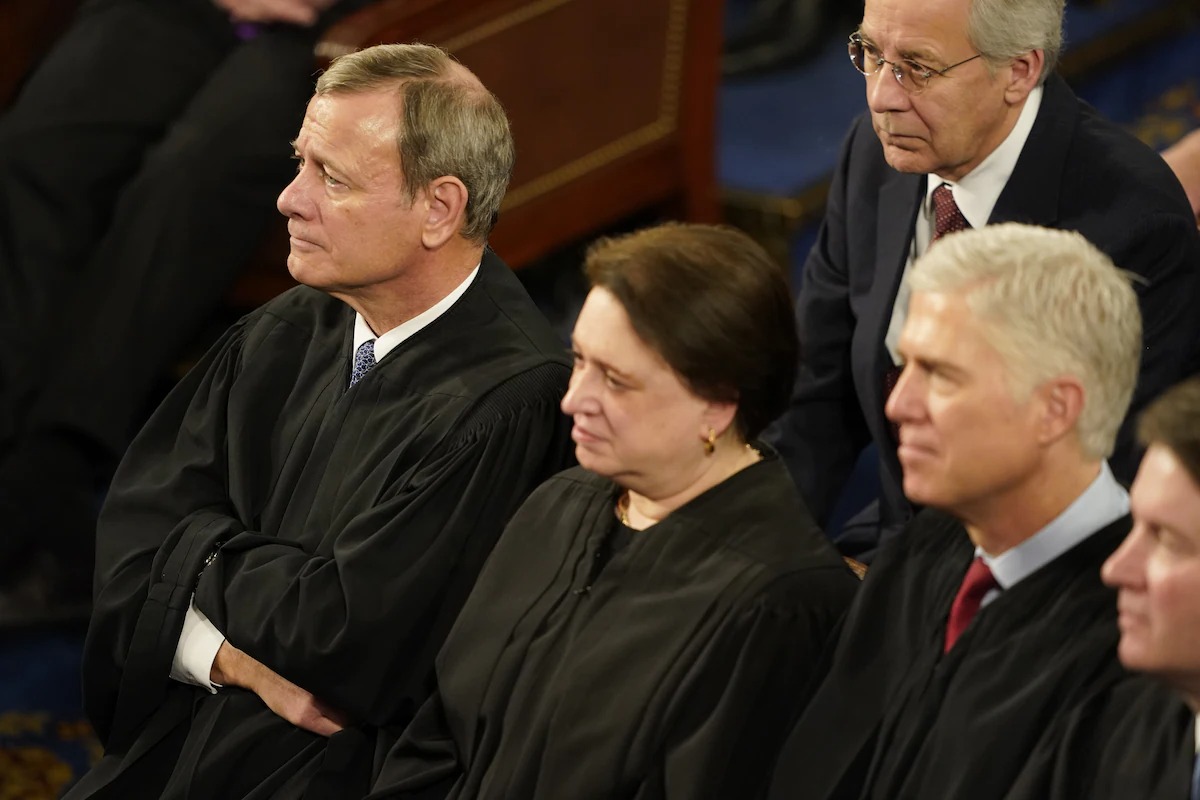
Louisiana Attorney General Liz Murrill expressed concern over the federal government’s use of power to restrict freedom of speech, emphasizing the threat it poses.
However, the administration contends that there is no evidence of coercion, asserting that government officials did not impose sanctions when platforms refused to moderate flagged content.
It’s worth noting that the social media companies themselves are not directly involved in the case. Free speech advocates are urging the Supreme Court to delineate a clear boundary between legitimate government engagement in public discourse and coercive tactics that impede free speech.
The 5th U.S. Circuit Court of Appeals previously ruled that the administration likely applied unconstitutional pressure on media platforms.
However, a divided Supreme Court put that ruling on hold pending further review, with Justices Alito, Gorsuch, and Thomas expressing dissent and cautioning against potential implications for free speech and media dissemination.
The outcome of this case could have significant ramifications for the regulation of social media content and the protection of free speech rights in the digital age.


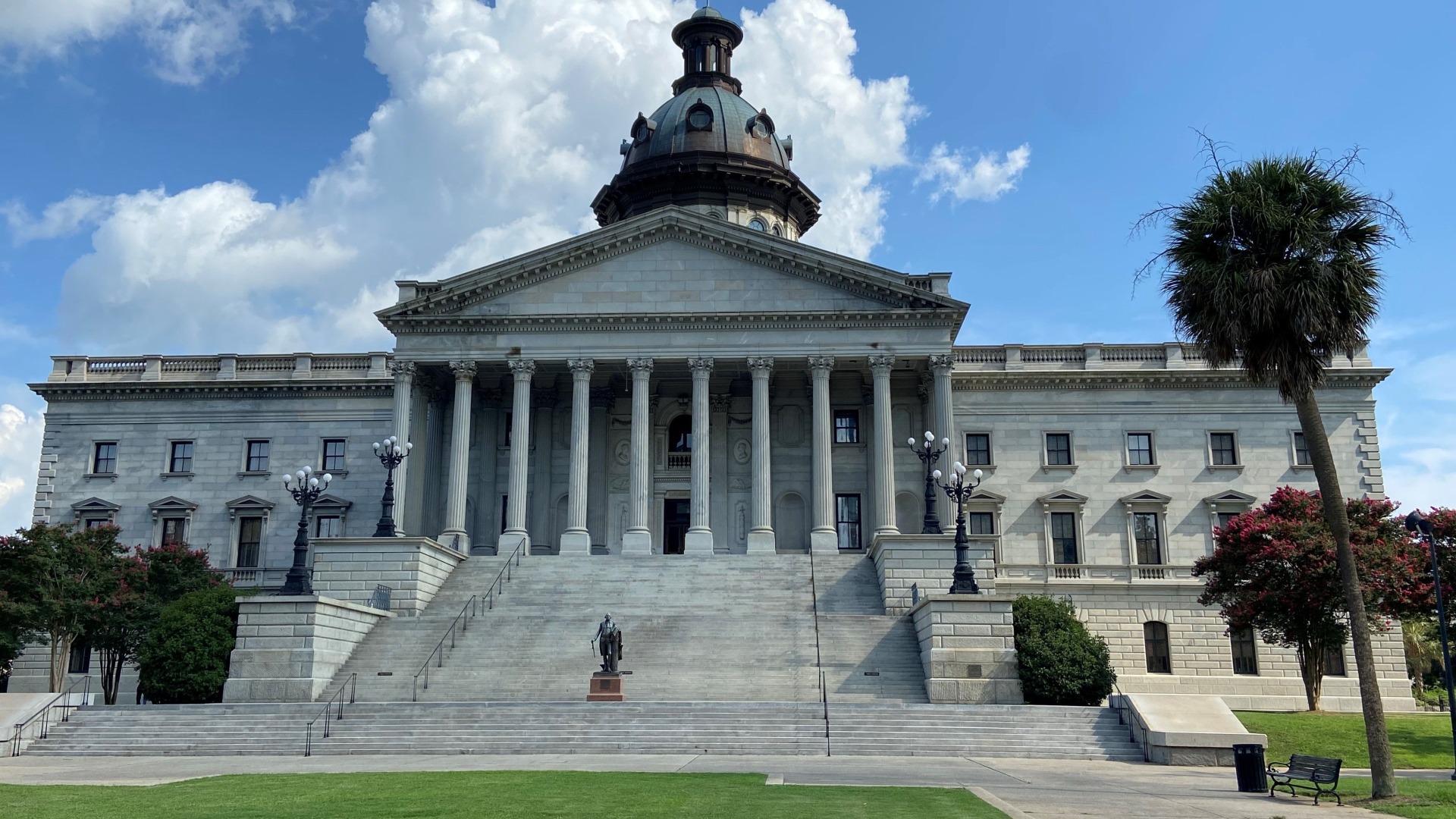
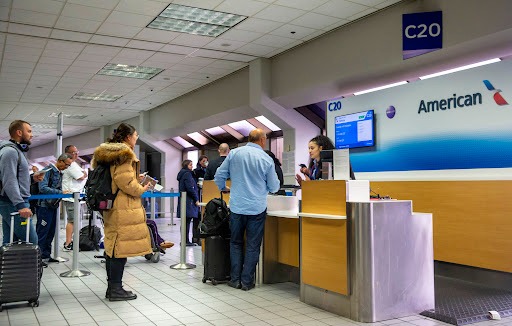

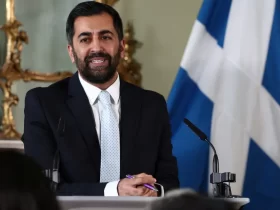
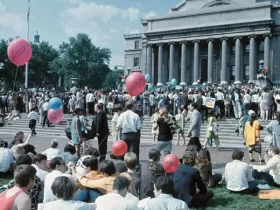


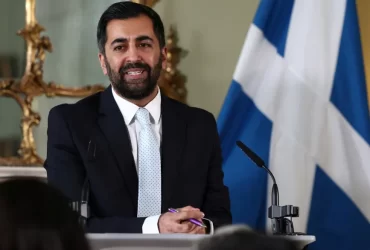
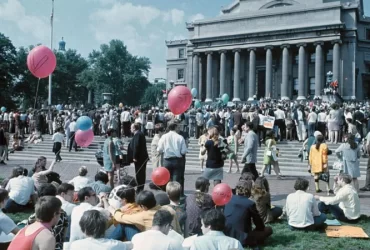
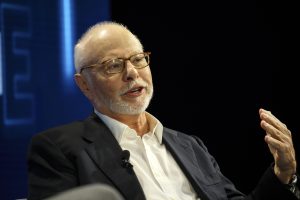
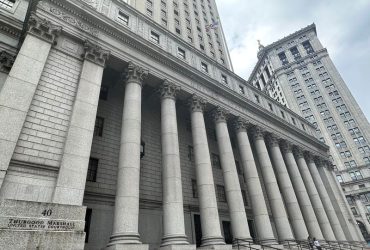

Leave a Reply